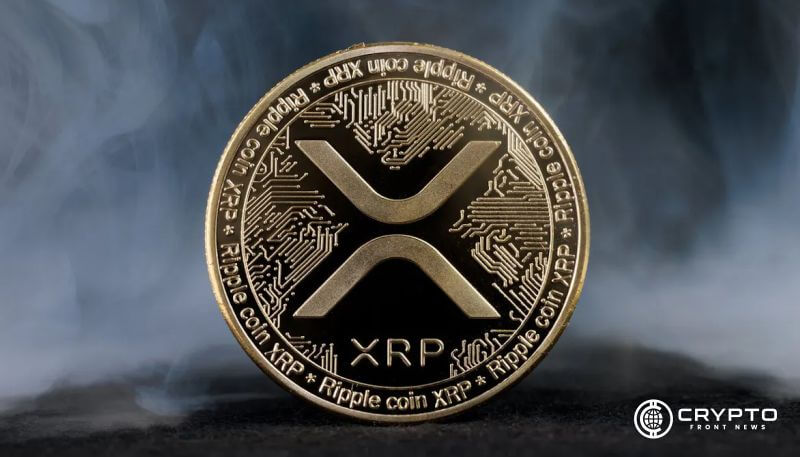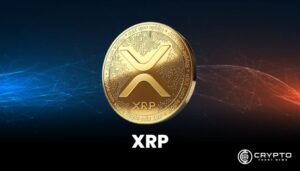- XRP operates on a decentralized validation network independent of Ripple’s token concentration, maintaining distributed control and global participation.
- Massachusetts and other U.S. states are developing crypto-friendly policies, including tax acceptance without capital gains recognition.
- Financial institutions worldwide are adopting XRP for cross-border transactions, signaling growing trust in its use for global liquidity.
The regulatory landscape in the United States is shifting as digital assets become central to innovation policy. XRP, long debated for its token structure, has emerged as a key player in this changing environment.
Ripple holds around 40% of XRP tokens, which has raised concerns about centralization. However, legal and technical experts clarify that token ownership does not equal control over the network. The XRP Ledger uses a decentralized validator system that operates independently from Ripple. Despite the company’s token holdings, the network maintains a distributed structure supported by validators that Ripple does not directly influence.
Global User Base Backs Decentralized Validation
Over 75,000 XRP holders from 143 countries have joined legal efforts to support Ripple in its case against the U.S. Securities and Exchange Commission. This international backing highlights XRP’s wide distribution and independent support base. The underlying technology, including its validation process, ensures that control remains decentralized and secure.
As the federal government works on a broader digital asset framework, individual states have taken active steps to support crypto. Massachusetts is exploring ways to integrate crypto into public systems, such as accepting digital assets for tax payments without triggering capital gains. State Republican leaders have opened dialogue with policymakers and innovators to align crypto regulation with broader financial goals.
Federal Developments Signal Institutional Interest
At the national level, financial agencies are beginning to treat digital assets with greater legitimacy. Fannie Mae and Freddie Mac have received instructions to evaluate the potential of including crypto assets in mortgage assessments. This change could open new financial opportunities for digital asset holders in the housing market.
XRP’s role in international finance continues to expand. The digital asset has drawn attention from the International Monetary Fund, the World Bank, and the European Central Bank. Financial institutions, including JP Morgan, Bank of America, and BlackRock, have acknowledged their use case.
Additionally, Ripple’s On-Demand Liquidity (ODL) solution is now used by hundreds of partners worldwide. The network’s growing utility in cross-border payments highlights increasing trust in XRP as a reliable and cost-effective bridge asset.






